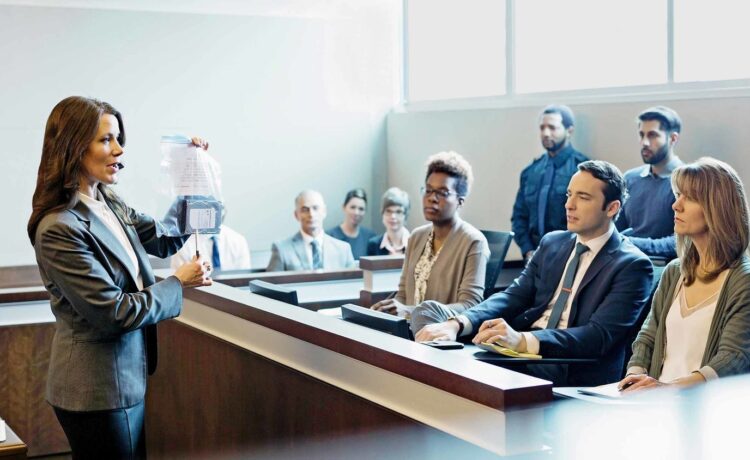The right defense attorney makes all the difference when you face criminal charges. Developing a strong defense for their client requires skills, experience, and determination. When a criminal defense attorney lacks experience or skill, their client is at serious risk.
Knowledge of the law
Attorneys who understand criminal law and procedure are strong criminal defense lawyers. State and federal laws, sentencing guidelines, and court processes are constantly updated by them. Lawyers understand the offenses the prosecutor charges, the penalties that apply, and the available defenses. A less knowledgeable attorney misses important defenses, fails to spot constitutional violations by police, or lacks the skills to effectively negotiate with prosecutors. There’s no substitute for direct experience handling criminal cases. A seasoned criminal defense lawyer knows the ins and outs of the local court system, has relationships with prosecutors and judges, and has handled many cases similar to yours. An inexperienced attorney learning on the job makes tactical errors, misses filing deadlines, or gets outmaneuvered by savvy prosecutors. Look for an attorney with years of practice devoted specifically to criminal defense.
Investigation and research abilities
Thorough investigation and research are crucial for building a strong defense. A skilled criminal defense attorney knows how to analyze the prosecution’s case for weaknesses, dig into the evidence through discovery, interview witnesses, and send out investigators to track down information. This helps them construct alternate theories, find exculpatory evidence, and undermine the prosecutor’s version of events. Poor investigative work leads to missed opportunities to weaken the opposition’s case. Most criminal cases end in plea bargains, so strong negotiation talents are critical. An effective Mississauga local criminal lawyers knows when a plea deal is the right move, how to approach prosecutors, and what terms are realistic. Poor negotiators get stuck with bad deals. Strong negotiators use their knowledge of the law and facts of the case to secure favorable outcomes for clients.
Courtroom presentation skills
A confident lawyer who commands the courtroom is more likely to win over jurors. Less polished litigators fail to call the right witnesses, ask poor questions, or deliver unconvincing arguments that hurt the defense. Look for criminal defense attorneys with proven trial experience and success. The best defense attorneys are relentless advocates who won’t quit until they achieve the best result. They adhere to the highest ethical standards and fight passionately because their client’s life and liberty are at stake. Weak defense lawyers urge their clients to take quick plea deals, fail to follow through or get discouraged in the face of prosecutorial resistance.
Strong communication
A top-notch defense lawyer is an excellent communicator who keeps clients informed, listens to their needs, advises them of their options, and explains the legal strategy. Poor client communication leaves defendants confused, frustrated, and mistrustful of their lawyers. The right attorney talks with (not at) their client and builds a relationship of trust. While zealously defending their client, a truly effective attorney maintains objectivity about the case and their client’s actions. However, some lawyers become too emotionally involved and make the case personal. It clouds their judgment, for example, leading them to reject reasonable plea offers or turn the trial into a shouting match. The best lawyers are passionate but clear-eyed advocates for their clients.









